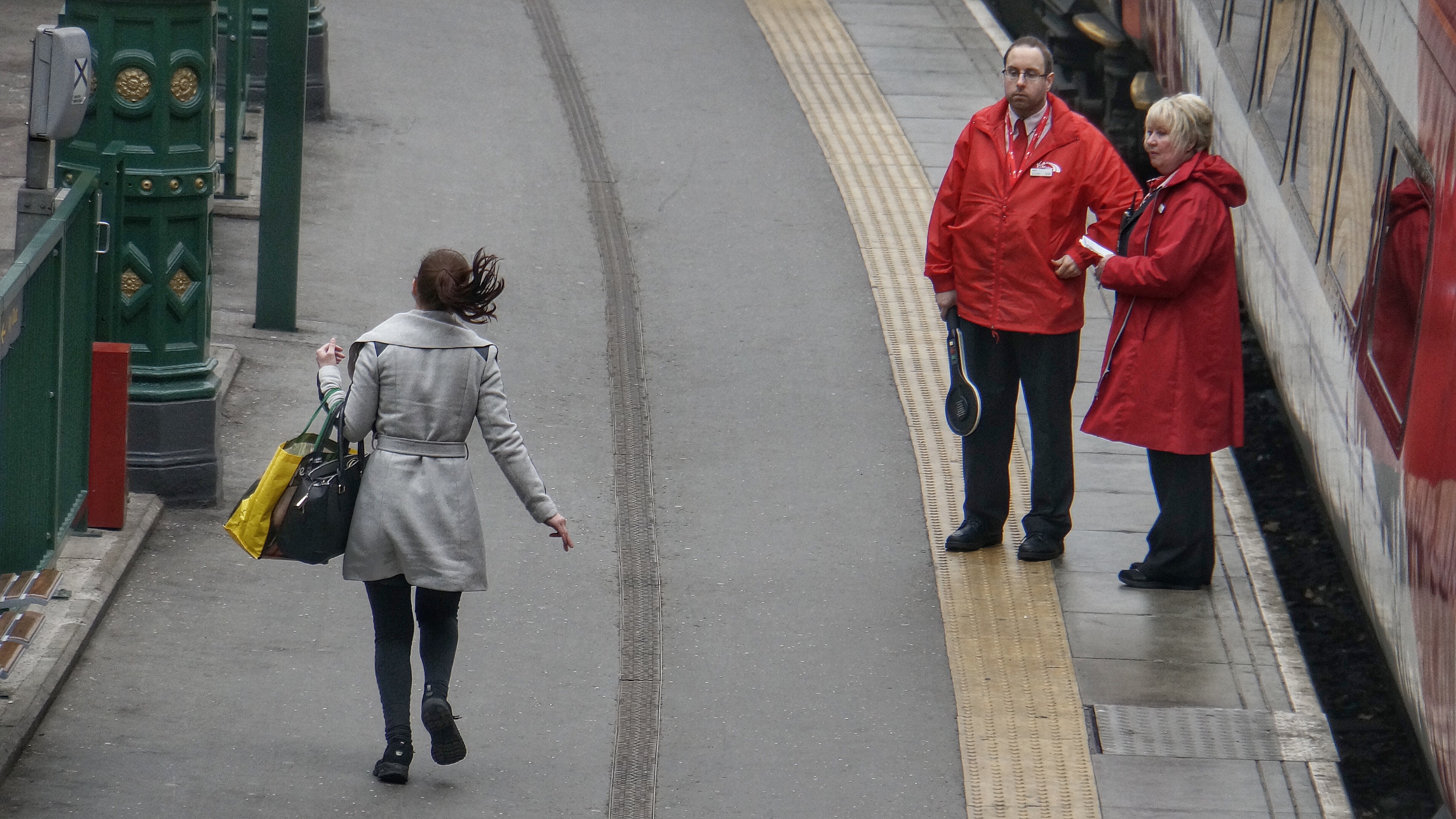Planning ahead
Planning ahead for a situation where you are unable to continue caring can prevent much stress and worry. We provide some clear guidance on what steps to follow when creating a contingency plan and introduce you to our interactive tool. The tool helps you to create your own plan with prompts and suggestions to save time and cover important necessities from medication to home help.
Emergency card for carers in Scotland
Carers often tell us that they worry about what would happen to the person they care for if they are in an accident or incapacitated.
In response to this, Carers Scotland has developed a card for carers. Should an emergency or accident happen, this card lets emergency workers and others know that someone relies on you as a carer and provides spaces for emergency contacts, for example, a friend or family member who can help take over caring.
The card is available to download below (this can be printed off double side and will provide additional copies for fellow carers). We also have limited printed copies available from the Carers Scotland office.
See our tips below
If you become ill, have to self-isolate or are required to work longer hours and cannot provide care in the same way as before, it’s important to devise a contingency plan to ensure the care you provide continues in your absence.
Our online guide to creating a contingency plan explains how many different sources of support can be used to bolster your plan. For example you can: ensure key information is made readily available for professionals; draw on networks of community and family support; and explore what technology can be used to support someone you look after when you can't be in the same place at the same time.
Local support – accessing help and seeing what’s available
We advise all carers to create an emergency plan – for you and all those you look after. Having a plan in place can help ease your worries if you are not able to care for those you look after at any point in the future.
We can guide you through the process of creating one through our interactive online tool.
In order to create an emergency plan that meets your needs, we recommend you consider bringing together these details:
- details of the name, address and contact details of the person you look after
- who you and the person you look after would like to be contacted in an emergency – this might include friends, family or professionals
- details of any medication the person you look after is taking and where it is stored
- details of any ongoing treatment they need
- noting details of any allergies
- details of their GP and pharmacy
- any ongoing treatment they need
- any care and support services they receive
- any continence products needed and who supplies them
- any mobility challenges and mobility aids such as a wheelchair or hoist
- anything behavioural others need to be aware of.
Top tip – Make a note in your diary to review this periodically to ensure the information is kept up to date.

Having this important information in one place could be of immense support and help when needed at a critical time, when time might be limited. Talk about the plan with the person you care for, if possible, and also with those you would like to be named emergency contacts.
It would also be useful to share it with trusted family members or friends and healthcare professionals. Give people a copy of the plan – or let them know where they can find it and make sure the information is regularly updated.
Sometimes, we don’t have as much time as we would like to prepare. Think about whether there are alternative ways of getting essential supplies to the person/people you care for. Perhaps trusted neighbours or local support groups could help with the practicalities of this.
Prepare a single hospital bag for the person you look after. This should include their emergency contact, a list of the types of medication they take (including dose and frequency), any details of planned care appointments and things you would need for an overnight stay (snacks, pyjamas, toothbrush, medication etc). If they have an advanced care plan, please include that. You could also prepare one for yourself.
You could sign up to a repeat prescription delivery service if the person you care for is reliant on regular prescription medication. For further guidance click here.
You may be able to arrange help and support from family and friends but it can be reassuring to involve your local council/trust in case informal arrangements fall through. If you cannot organise alternative care, contact your local authority or health care provider.
Another way of gaining support in the long term is through arranging an assessment for the person you look after or a carer's assessment for yourself. See our webpage on assessments for the person you look after and assessments for carers for further information. Every carer who has an assessment should be asked about emergencies and offered help to plan for them.
If someone you're caring for lives at a distance, it's important to consider how technology can help you keep in touch and alert you to any problems to give you both peace of mind.
You may find it valuable to use video calls as a way to talk face to face, though at a distance. There are also apps and devices that are specifically designed with carers' needs in mind such as Jointly, a mobile and online app that enables you to make communicating and coordinating care among friends and family for the person you're looking after, easier.
There is also technology that can help with particular tasks, in case you can't be around, such as managing taking medication. Read more about different types of remote technology that are available to help.
In some areas, there are emergency card schemes that have been set up for carers, often by the local council/trust or a local carers centre. This might be called:
- Carer card scheme
- Carers emergency card
- Emergency care scheme
As a carer, you would usually asked to register and, with help from a skilled worker, draw up emergency plans. The plans are held by the scheme which provides a 24-hour response service. Carers carry a card with the scheme's telephone number and a unique identification number to avoid any personal details appearing on the card.
In some areas they are integrated with police, fire and ambulance services. In the event of an emergency, you or someone with you would call the scheme. An operator would look up your emergency plan and make arrangements for replacement care.
This could involve contacting friends or family, or putting in place professional help. Plans will have been shared with them so they know the individual needs of the person requiring care, such as their medication.
Check with your local carers' organisation to see if such a scheme operates in your area.
Seeking further guidance?
For more guidance and support on preparing for an emergency, see our guidance on 'Creating a contingency plan'.
Latest updates

Know your rights, use your rights

Carers UK welcomes publication of Carer’s Leave review Terms of Reference, calling it an “important step forward”

Charity calls for action with half of Scotland’s unpaid carers cutting back on food and heating amidst deteriorating health

Scotland’s National Carer Organisations launch election manifesto
Got a question about caring?
Every day we hear from people who need help with looking after a friend or family member
Become a member for free
Joining Carers UK is free and takes just a few minutes.

